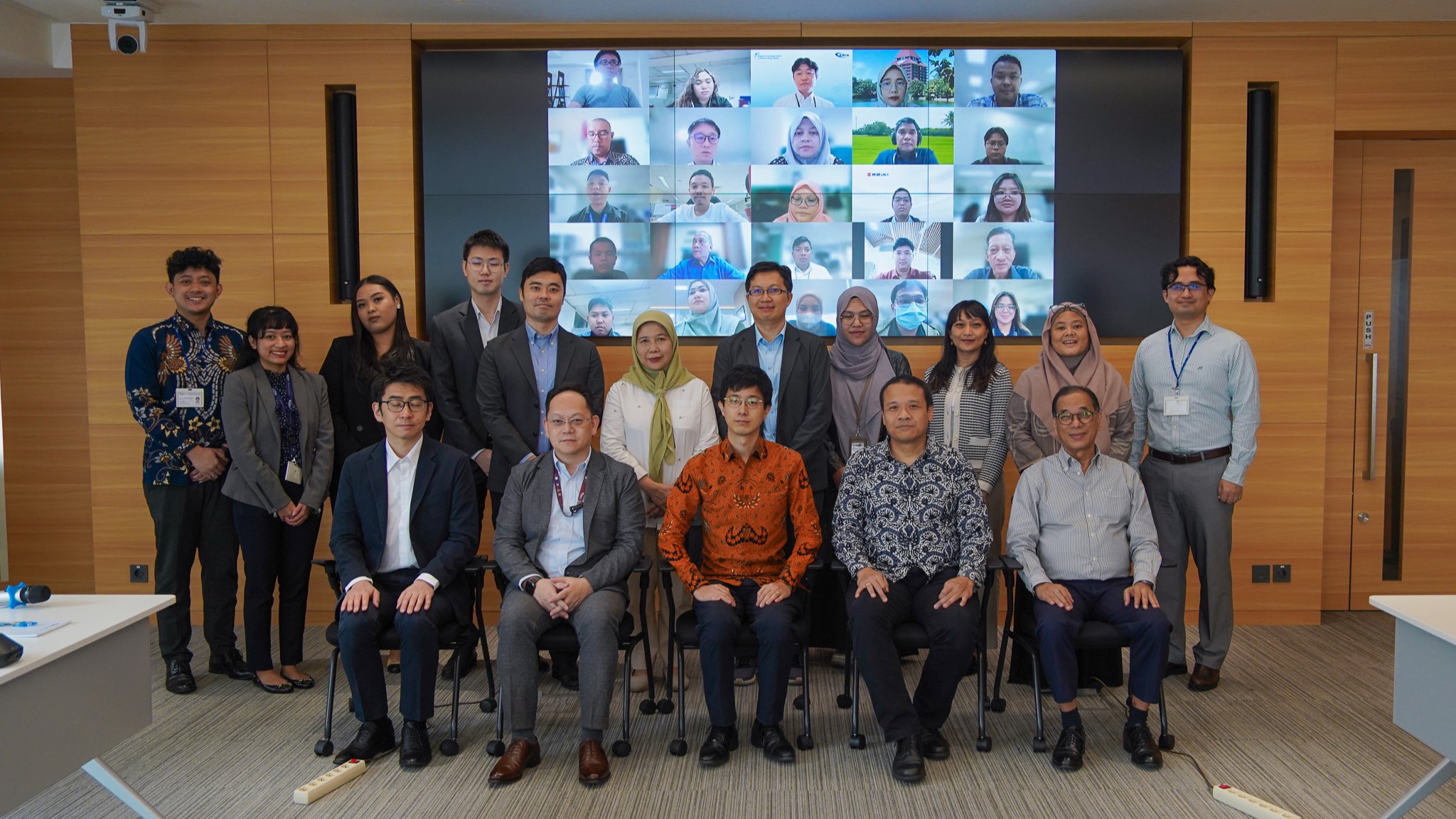Future Development of Mekong Sub-region Key to ASEAN’s Long-Term Growth
Date:
5 August 2020Category:
NewsTopics:
ASEAN, DevelopmentShare Article:
Print Article:
Jakarta, 14 July 2020: The continued progress of the Mekong Sub-region (MSR) and the implications for the ASEAN Community was the main agenda of the ASEAN Forum on Sub-Regional Development held on 14 July 2020. Specifically, the online event covered ‘Converging Mekong Sub-regional Cooperation with ASEAN Goals’. MSR has developed to become a model sub-regional initiative helping to boost economic growth and rapid poverty alleviation in the countries situated in the area.
The event aimed to increase understanding of the benefits of sub-regional initiatives for addressing development gaps, enhancing connectivity, and promoting international coordination. Through synergies, improved coordination and integration as well as in-depth discussions, ASEAN is looking to advance development in the MSR.
The Economic Research Institute for ASEAN and East Asia (ERIA) participated in the ASEAN Forum on Sub-Regional Development where ERIA’s Chief Economist, Prof Fukunari Kimura, gave a presentation. The Minister of Trade and Industry of Viet Nam, His Excellency (H.E.) Tran Tuan Anh delivered the Opening Remark of the event.
In his speech, H.E. Tran Tuan Anh highlighted ASEAN’s successful economic integration over the past 25 years during which the regional body ‘has become one of the most vibrant and dynamic economies in the world’. The minister highlighted the successful development of the MSR and how it has facilitated ASEAN’s connectivity regionally and with other countries.
H.E. Tran Tuan Anh stated that ‘In terms of transport, the development corridors under the sub-regional programs such as Greater Mekong Sub-region and Mekong – Japan have contributed significantly to ASEAN transport connectivity and created an important foundation for ASEAN to begin expanding its links outside the region’.
Although ASEAN is actively addressing challenges such as the Covid-19 pandemic and disruption to the rules-based multilateral trading system, H.E. Tran Tuan Anh believes that sub-regional frameworks will play an increasingly integral role in building the ASEAN Community thus must be further enhanced in the future.
In his keynote speech, Deputy Minister of Foreign Affairs of Viet Nam and ASEAN SOM Leader of Viet Nam, H.E. Nguyen Quoc Dzung, also stressed the importance of the MSR initiative for ASEAN and how it can accelerate the fulfillment of ASEAN goals of regional integration in a manner that addresses development gaps. He explained how the rapid growth of Mekong countries has prompted ASEAN to bridge the region’s development gaps. He also mentioned that how ASEAN promotes MSR development will determine the regional body’s future relevance and importance in Southeast Asia and the Indo-Pacific regions.
To do so, the Deputy Minister called on ASEAN Member States (AMS) to uphold collective leadership while maintaining a central role in the evolving sub-regional landscape. He also asserted that ASEAN would need to elaborate the vision ‘for closer and broader cooperation in the Indo-Pacific region’.
ERIA’s Prof Fukunari Kimura followed with his presentation on ‘Sub-Regional Development Strategy in ASEAN after COVID-19: Inclusiveness and Sustainability in the MSR.’ Prof Kimura acknowledged the advantages of the MSR initiative in terms of economic growth and poverty reduction, but he also pointed out how the existing huge development gaps require a strategic approach if the whole region wants to reach upper-middle-income status.
In the context of the ongoing coronavirus pandemic, Prof Kimura stated that MSR countries have so far successfully mitigated the virus transmission though health policies that consider each respective country’s medical care capacity. He also predicted the acceleration of information and communications technologies in addition to a possible reshuffling of international production networks. A serious economic downturn resulting from a massive demand shock is expected to happen as well.
To achieve inclusivity in the MSR, a reduction in transport costs between the core and the periphery is needed to generate both ‘concentration forces’ which attract economic activities and people to the core, and ‘dispersion forces’ which move such elements to the periphery.
For the entire MSR to reach the upper-middle-income level, significant upgrades of industrial structure, and the enhancement of people’s welfare will be crucial. The MSR will need to prioritize policies that support connectivity, industrialization, human capital, and sustainability.
In his concluding remarks, Prof Kimura stated that ASEAN should assess the multi-layered approach of the MSR initiatives to deepen regional economic integration. What the MSR has shown AMS is that the sub-regional approach is especially effective for addressing development gaps while simultaneously improving connectivity and promoting international coordination. Taking the MSR as a model case, Prof Kimura noted that ASEAN can reinstate other sub-regional initiatives to ensure prosperity in the entire ASEAN region.
Through engagements such as the ASEAN Forum on Sub-Regional Development, the importance of the MSR is captured to show how harnessing the multi-layered benefits of a sub-regional initiative can further the advancement of the whole region.







